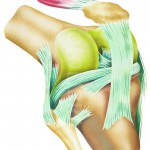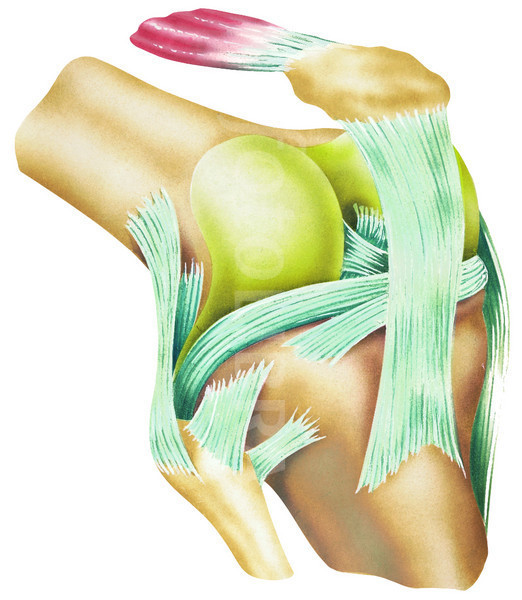 Managing health care dollars in more important now than ever in the era of healthcare reform. Limiting the use of extra supplies and running low gas flows is helpful but a coordinated approach involving the entire peri-operative team is needed to achieve maximum results.
Managing health care dollars in more important now than ever in the era of healthcare reform. Limiting the use of extra supplies and running low gas flows is helpful but a coordinated approach involving the entire peri-operative team is needed to achieve maximum results.
Tony Mira of MiraMed Global Services posted a web based article detailing the contribution that anesthesiology makes to coordinated case management in the patient receiving total knee replacement. Tony states “Coordinated care” is one of the key concepts in health system reform. It is central to the cost savings and quality improvements expected from Accountable Care Organizations, value-based purchasing and the medical home.”
He goes on to identify three areas where the anesthetist can add value and reduce cost to the patient receiving a total knee replacement. According to Tony:
- Coordinated management of patients. “First, we found that the health system with the lowest in-hospital complication rate had successfully developed and implemented an outpatient preoperative approach that emphasized multi-specialty evaluation of potential arthroplasty candidates, followed by an inpatient co-management approach involving anesthesia, internal medicine, and orthopedic surgery.”
- Dedicated operating room team. “The benefit of a dedicated operating room team seems logical, given that total knee replacement is a procedure that requires staff to be familiar with multiple pans of instruments, machinery, and other technologies that are used to implant the knee prostheses. The total knee replacement surgeons agreed that working with an experienced arthroplasty team led to a smoother and faster workday.” The article does not mention anesthesiologists or nurse anesthetists as part of the dedicated OR team, but it seems reasonable that familiarity across both sides of the ether screen would be beneficial.
- Management of patients’ expectations. “After having examined its data, one member health care system implemented a patient expectations management process, whereby patients were activated and engaged in the process of discharge planning before admission. The result was an initial reduction in length-of-stay, without a change in complication rates.”
By becoming active participants in the patient’s overall surgical experience we not only reduce the overall cost, but we improve patient satisfaction. CRNAs have a long history of excellence at the head of the table. It is time for us to become more actively involved in the entire process.
Click here to read the original article posted by Tony Mira and return to leave a comment.

Thanks for the Chief CRNA articles. I am a Chief and always feel like I am out of the loop on management issues. This is helpful.